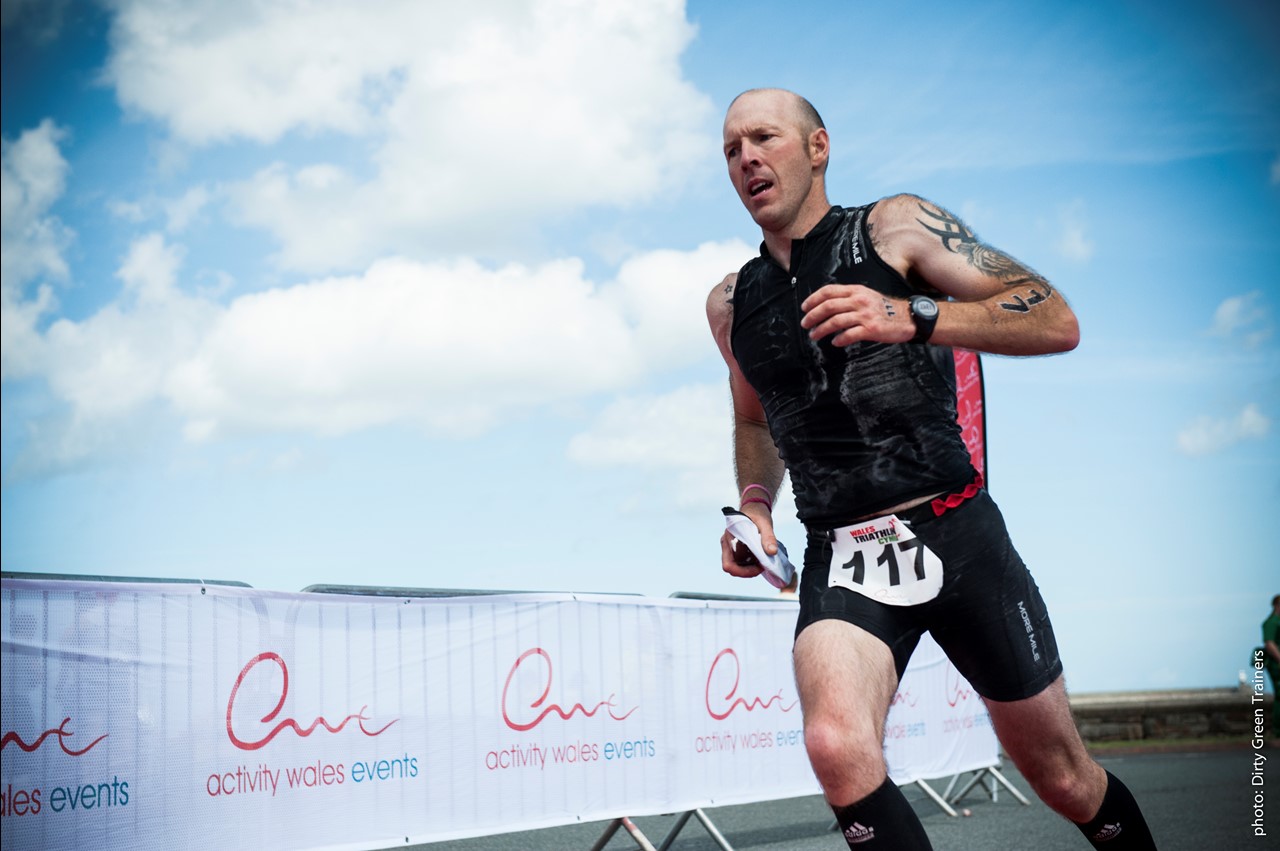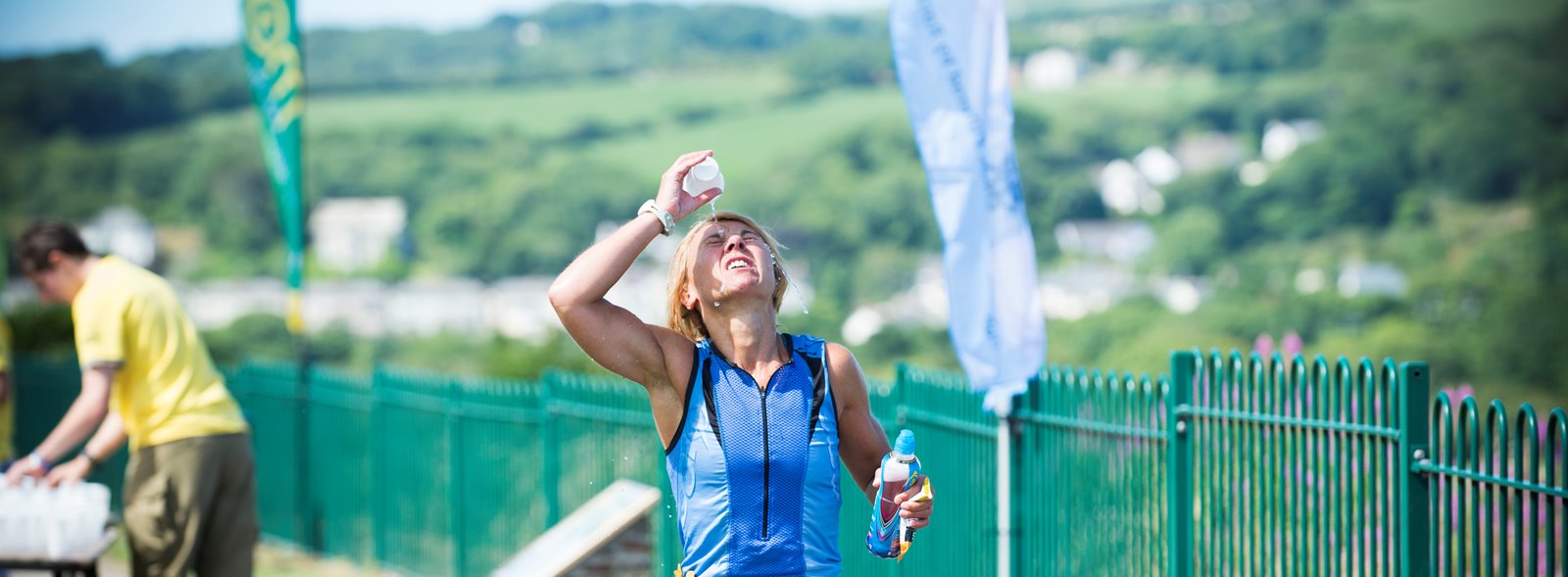Are you always running on empty?
The right fuel for the job.
Let’s talk running. Marathons, duathlon and triathlons all have one fundamental part that claims many victims on race day, and whilst finishing it is as much about mental strength as it is a physical condition, having the right fuel makes it that little bit easier… after all, putting petrol into a diesel car doesn’t make it move.
If you’re a seasoned runner, you no doubt have a fairly well-rounded diet and eating plan already. That’s not to say it can’t be improved. But for those out there who fill their day with the wrong type of carbohydrates and wonder why they struggle, here's some helpful tips.
#1 : Eat often, but not a lot
Eating little and often is a great way for runners to keep their energy levels up and avoid tiredness. Leave the crisps and chocolate in the vending machine, and avoid that cake which has been brought into work. Stick to your high-carbohydrate snacks and cut out the fatty foods. Dry cereals are high on the good snack list, as are fruits like bananas.
#2 : Don’t waste money on supplements
Those supplement pills you bought may have 100% of your daily intake for every vitamin and mineral under the sun – including ones you’ve never heard of – but they’re nothing compared to getting them from your food. Regardless of how much Vitamin C that pill contained, you still need protein, fibre and calories to get you through the day, so you might as well use your money wisely on the right food in the first place. Then you won’t need those supplements.
#3 : What’s for lunch?
Main meals are the base blocks of your nutrition pyramid. This isn’t just about carb quantity, it’s also carb quality. It goes without saying that pizza, croissants and things like this are high in fat, as well as the carbohydrates you need – instead look to rice and potatoes, which of course don’t have fat from butter and such in them. If you don’t fancy those, you could rely on the runner’s favourite, a nice big bowl of pasta!

Paying more attention to what goes in may help you get more out.
#4 : Have you been drinking?
Did you know nearly two-thirds of your body weight is water? To put it into perspective, that’s probably the equivalent of both your legs (including feet) and both arms. So needless to say, downing a few pints is crucial on a day when you’ve been running. The recommended amount on a day you’ve not been exercising is 2 litres or around 3.5 pints to keep your body at a healthy level. A pint of water with every meal should cover that with ease, so there’s no excuses there.
When you’ve been running, however, you should be aiming to drink at least 5 litres a day – just over 8.5 pints of water. Having a pint of water an hour before running will keep your levels up when you start, and then half a pint for every 25-30 minutes of running you do should keep you at a good level. Take a bottle out with you when you go so you can keep topping yourself up.
#5 : Rest and relaxation
After a hard run, whether it’s a training session or event, you need to replenish what you’ve lost. Food that’s high in carbs will build up your energy stores, and of course, topping up on water is important as well. Contrary to what people might think, eating every 15 minutes or so is better for absorbing nutrients than having one massive meal straight after. For muscle repair and growth, it’s useful to have around 25% protein in whatever food you choose to eat. The final thing you need to do is to make sure you take some time to rest before you start training again.








